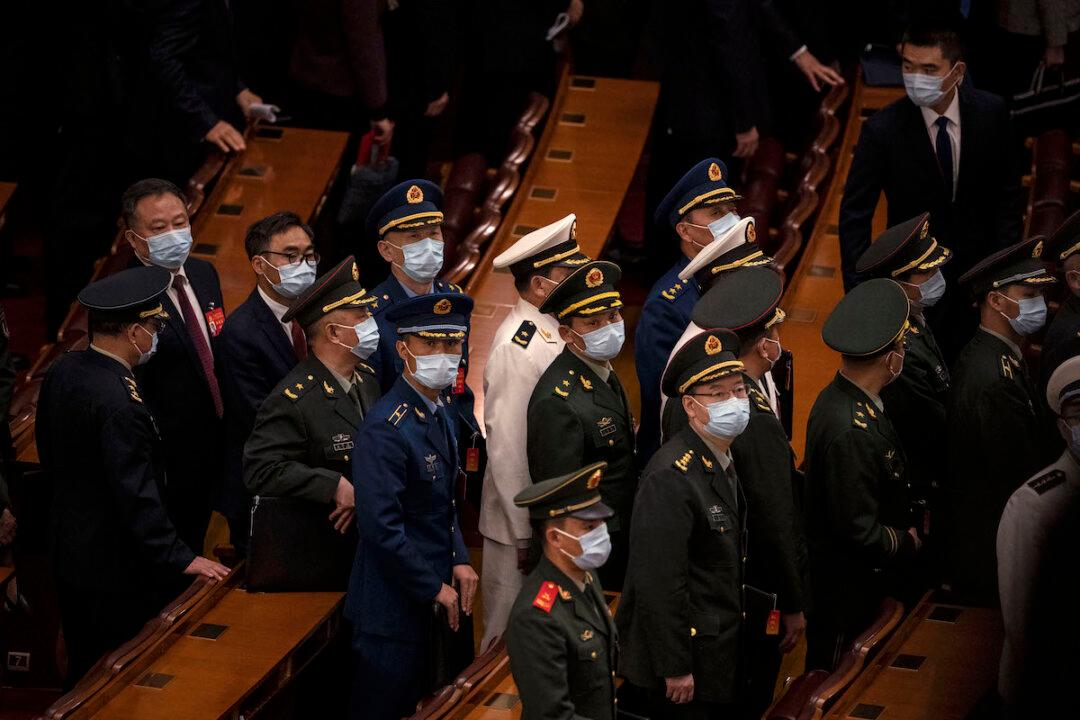News Analysis
China’s new top military command includes two generals known for their belligerent stance: a cyber war expert who has been sanctioned by the United States and a staunch Xi Jinping ally who planned live-fire exercises near Taiwan in August. Experts say the move signals the regime’s preparation to confront Taiwan—and by extension, the United States—by force.





